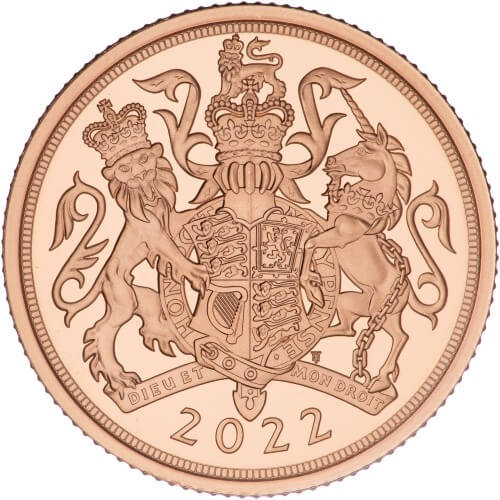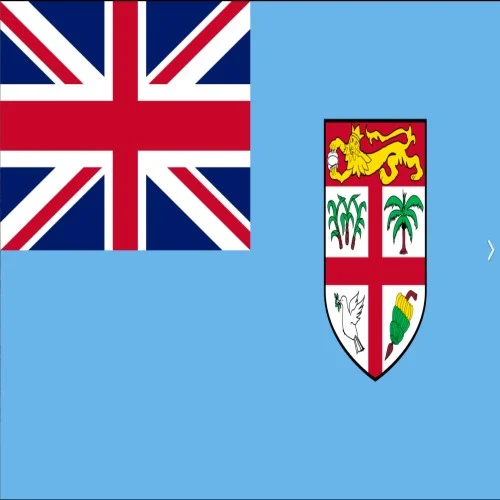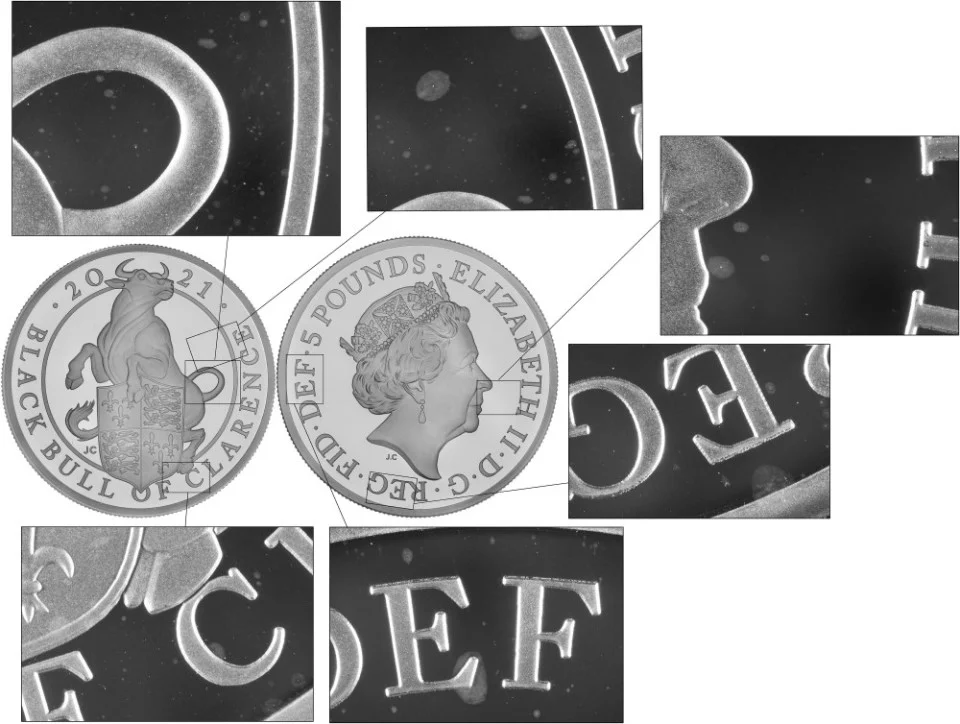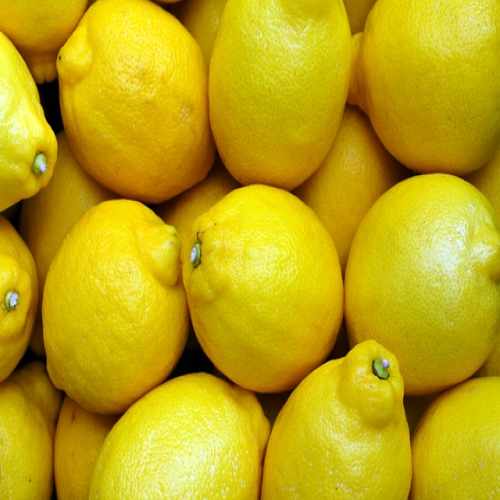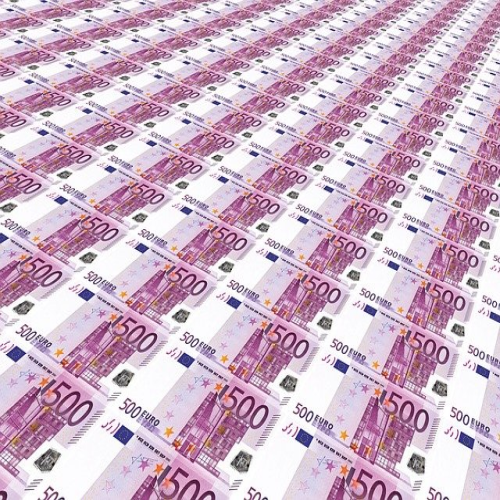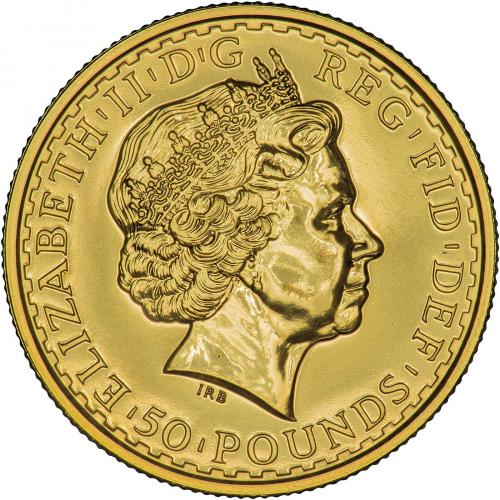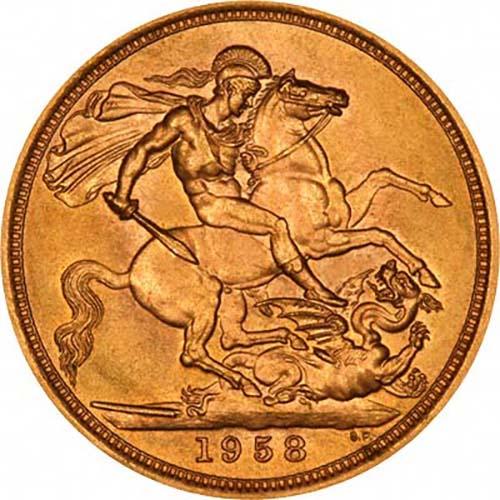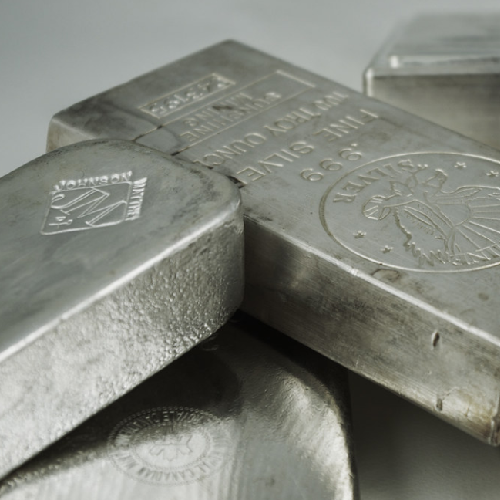Capital Gains Tax Implications Regarding Investment Gold
Synopsis
There has been speculation that a reform to capital gains tax (CGT) in the United Kingdom is imminent, so we thought it would be an apt time to republish this 2006 article from one of our legacy websites. There is nothing to suggest that the CGT status of precious metal bullion coins which happen to be pound sterling coins will change, but the allowances and levy rates will likely be adjusted for CGT-liable bullion. Broadly speaking, content of this article is still accurate today, except for the CGT allowances.
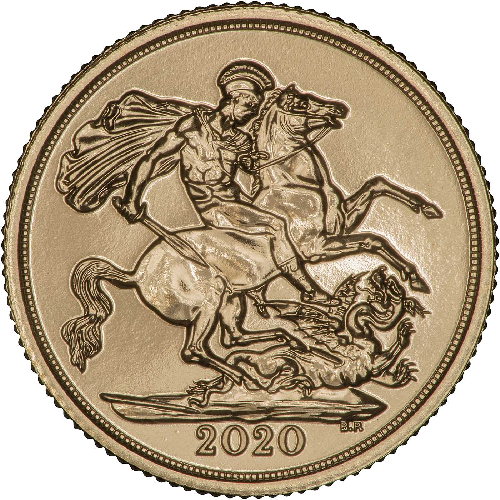
Situation In 2006
With the increasing instability within a lot of the world's leading economies over the past six months, many financiers and investors have been looking at alternative methods of securing their assets. In times of financial crisis, gold tends to increase in price, therefore many believe gold to be a great way of acquiring a physical, intrinsic and exchangeable commodity for your wealth (those 'many people' include all us at Chard as well!).
As with most investments, people require the biggest profit for the smallest investment, and as there is no VAT on gold this can be done relatively quickly. We have many people enquiring as to whether their disposals of gold will mean they have to pay capital gains tax (CGT) on profits. So many that the Financial Times called us the other week and asked for our input into an enquiry they wanted to feature in their FT Money section. Below is the original answer we submitted and then follows the actual article as it went to print for Saturday 12th August 2006.
Question from a Reader
"I hope you don't mind returning to the subject of gold coins - in my case Krugerrands. Are the gains on these coins still subject to capital gains tax if gains exceed your allowance for any tax year? Also, do they have to be declared irrespective of the amount purchased when they are acquired in the same way as any other asset, e.g. stocks and shares?"
Ernest Duckett
Chards Response
It would seem sensible to address the second part of this question first, before moving onto the more complicated area of capital gains tax laws. One of the reasons that bullion buyers are required to provide their personal details is that the seller has the responsibility to notify Customs and Excise of individuals purchasing investment gold. As the buyer you are not required to declare your acquisition.
In terms of capital gains tax legislation, Krugerrands come under the section of 'Chattels and assets' and are generally subject to pre-designated gains limits for each year. For an asset to be defined as a Chattel then it must be considered 'Tangible moveable property.' This is essence refers to a physical asset that can be moved easily without damaging its surroundings and can also be bought or sold Currency other than sterling is considered a chargeable asset. For the tax period of 2006-07, any disposal of Krugerrands that earns you a gain in excess of £8,800 will be taxed accordingly, based on your income. If anybody was considering claiming Krugerrands should not technically be classed as currency then the CGT manual also informs us that 'Coins which are currency but not sterling, for example Krugerrands, are chargeable assets.'
Within the gold bullion trade many people seem unsure as to the correct tax laws and legislations. This is in part due to the inadequacy and poor organisation of HM Customs and Excise website. Because of this only a few websites, such as taxfreegold.co.uk do explain the CGT implications of gold investment, however many other companies seem eager to skip the question entirely. The popularity of Krugerrands has always been based on their low premium over gold, yet it is worth noting that in larger quantities sovereigns can prove similarly as cost effective. The difference with British sovereign coins is that they are sterling currency and are therefore not subject to CGT laws. More specifically, post 1837 sovereigns, as well as the gold Britannia series, have face values and are thus CGT exempt along with other sterling currency.
It would seem then, that while the trade in Krugerrands will always be more prominent than other 1 ounce bullion coins, for the investor looking to gain larger profits very quickly and avoid paying capital gains tax, British gold coins might just be the answer. One should always remember the words of the Greek poet Pindar though, who stated that gold is 'a child of Zeus; neither moth nor rust devoureth it; but the mind of man is devoured by this supreme possession!'
Daniel Vowles, taxfreegold.co.uk, August 2006
Financial Times Feature
South African Krugerrands were the first gold bullion coin to be marketed as an investment product. As they traded at only a small premium above gold they instantly proved popular worldwide. Daniel Vowles, numismatic assessor at Chard, a Blackpool-based gold trader (taxfreegold.co.uk) says there is often confusion about whether profits made from gold are taxable or not. Unfortunately, for investors, profits made from selling Krugerrands do come under capital gains legislation and profit in excess of £8,800 in the tax year 2006/07 will be taxed based on your income.
Within the gold bullion trade many people seem unsure as to the correct tax laws and legislations," says Vowles. "This is in part due to the inadequacy and poor organisation of HM Customs & Excise website." HMRC's CGT manual, on the other hand, states clearly that: "Coins which are currency but not sterling, for example Krugerrands, are chargeable assets." "This means they are subject to CGT," Vowles says.
He also notes the manual says something that may please investors in British sovereigns and Britannias in relation to CGT. "Sovereigns minted in 1837 and later years and Britannia gold coins are currency but, like all sterling currency, are exempt." This means they are not chargeable assets and will not attract CGT.
On the second point, about declaring assets, he says that as a buyer of Krugerrands and you are not required to declare your acquisition but you will have to provide personal details to the vendor. This is because it is the seller's responsibility to notify HM Revenue & Customs of individuals buying investment gold.
Lucy Warwick-Ching, FT Money, 12th August 2006
Related Blog Articles
This guide and its content is copyright of Chard (1964) Ltd - © Chard (1964) Ltd 2024. All rights reserved. Any redistribution or reproduction of part or all of the contents in any form is prohibited.
We are not financial advisers and we would always recommend that you consult with one prior to making any investment decision.
You can read more about copyright or our advice disclaimer on these links.




